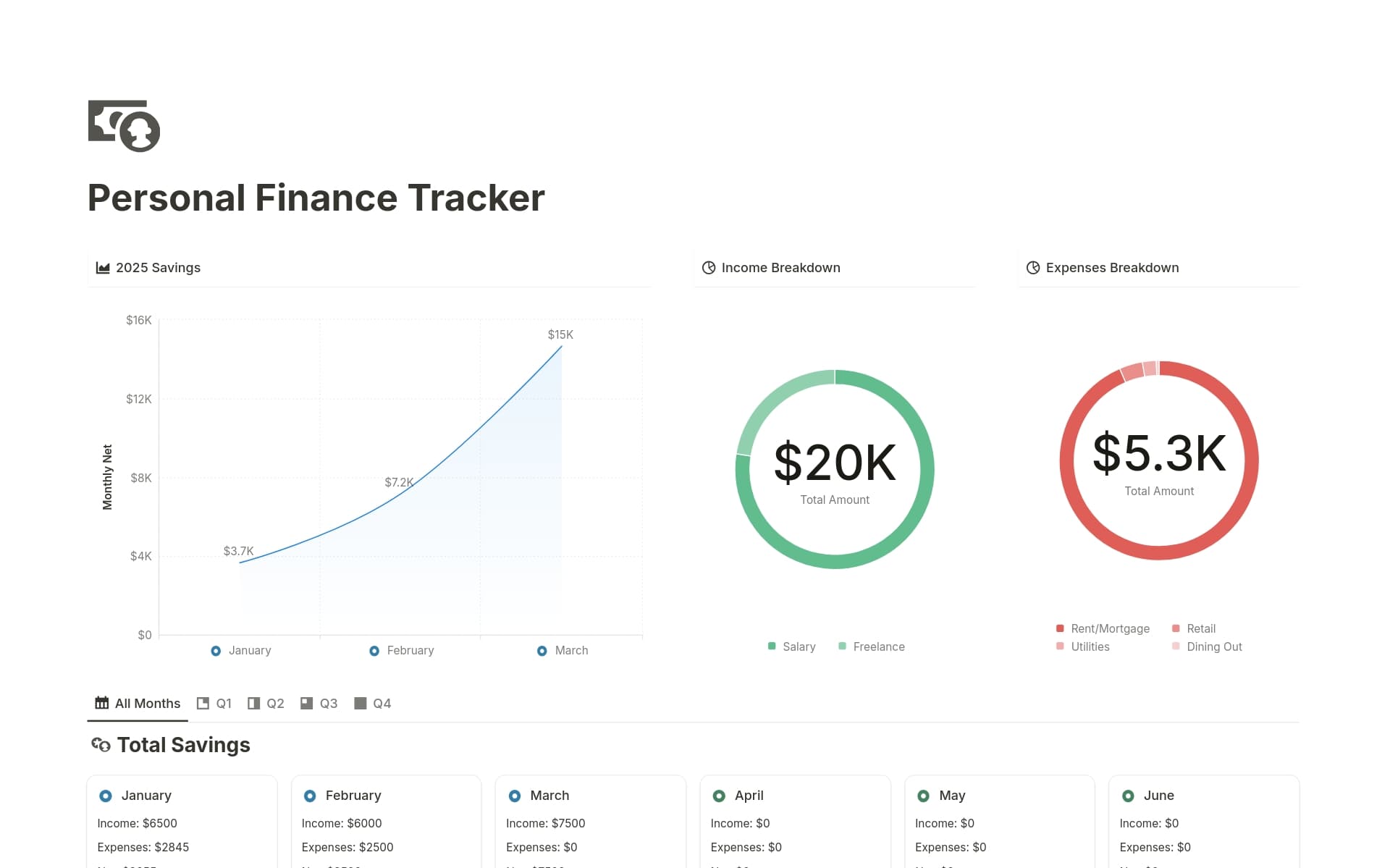Having a Workflow Framework is crucial for streamlining tasks, enhancing productivity, and maintaining consistency across various projects and processes. It provides a structured approach to managing workloads and ensures that all necessary steps are followed to achieve the desired outcomes. A Workflow Framework template in Notion can simplify the creation and management of these workflows, offering a customizable and collaborative platform that adapts to your specific needs.
Before you dive into crafting your own Workflow Framework, consider exploring these Notion templates to facilitate the process and give you a head start:
Standard Operating Procedure: Perfect for documenting company processes with clarity and precision.
Automated Inspection System: Assists in recording inspection results efficiently, reducing errors.
Developer Portal Product Plan: Ideal for planning and launching a developer portal with structured user stories and timelines.
Standard Operating Procedure (SOP): Simplifies asynchronous work and provides a searchable record for new hires.
Role Expectations: Clarifies role definitions and expectations within a team.
Operating Principles: Helps define your company's identity and working norms.
Simplify Your Operations · A Dynamic Roadmap: A hands-on guide for streamlining business operations.
These templates can significantly ease the process of establishing a robust Workflow Framework for your personal or professional life.
What Should Workflow Framework Templates Include?
Choosing the right Workflow Framework Template in Notion can significantly streamline your project management and team collaboration. Here are key components to look for:
Task Management: The template should offer comprehensive tools for tracking tasks, including assignment capabilities, deadlines, and status updates to ensure nothing falls through the cracks.
Integration Features: Effective templates should support integration with other tools and platforms used by your team, enhancing productivity and connectivity.
Customization Options: Look for templates that allow you to modify elements to fit your specific workflow needs. This flexibility can make a significant difference in usability and efficiency.
Visual Elements: A good template should include visual aids like charts, boards, and timelines that help in visualizing the workflow and progress of different tasks.
Selecting a template with these components will help you maximize your workflow efficiency and team collaboration in Notion.
What Should Workflow Framework Templates Avoid?
When selecting a Workflow Framework Template in Notion, it's essential to be aware of certain features that might complicate or hinder your productivity rather than enhance it. Here are three key components to steer clear of:
Overly Complex Structures: Templates with too many layers and subcategories can make navigation confusing and decrease efficiency. Opt for simplicity to maintain a smooth workflow.
Non-Customizable Elements: Avoid templates that don't allow you to tweak settings or add personal touches. Flexibility is key in adapting the framework to suit your specific project needs.
Heavy Dependency on Plugins: Templates that require numerous plugins or external tools can lead to dependency issues and might not be sustainable in the long term. Choose templates that are mostly self-contained.
Choosing the right template involves looking for one that simplifies your process, adapts to your needs, and stands alone without the need for constant additions or modifications.










